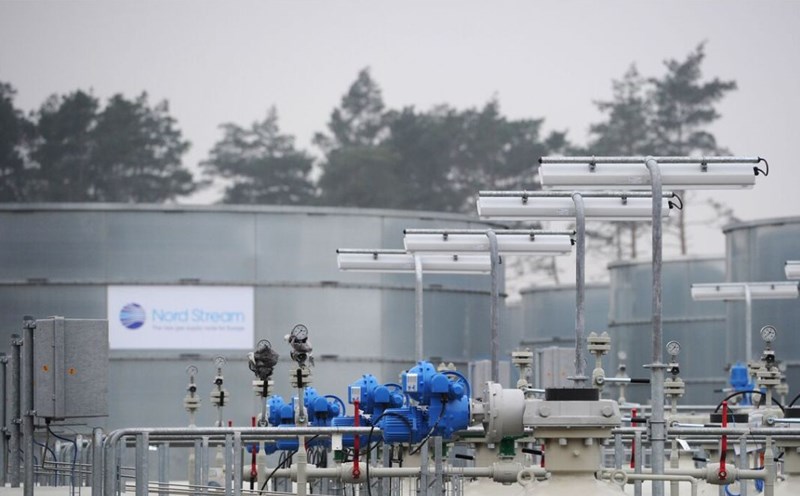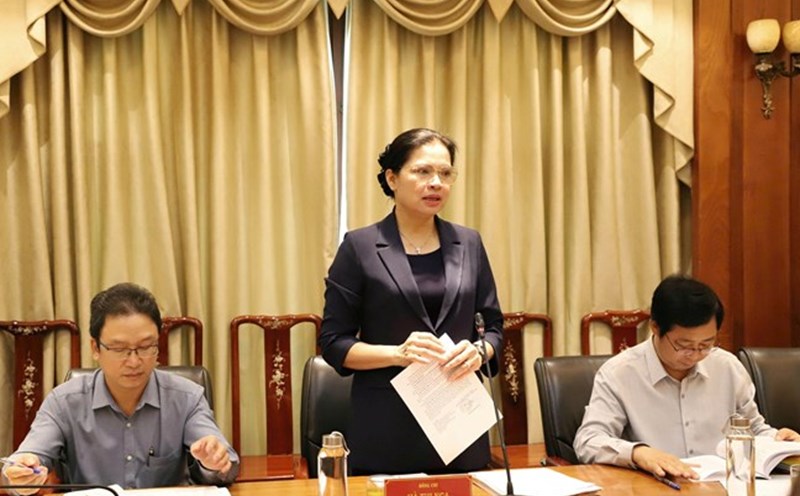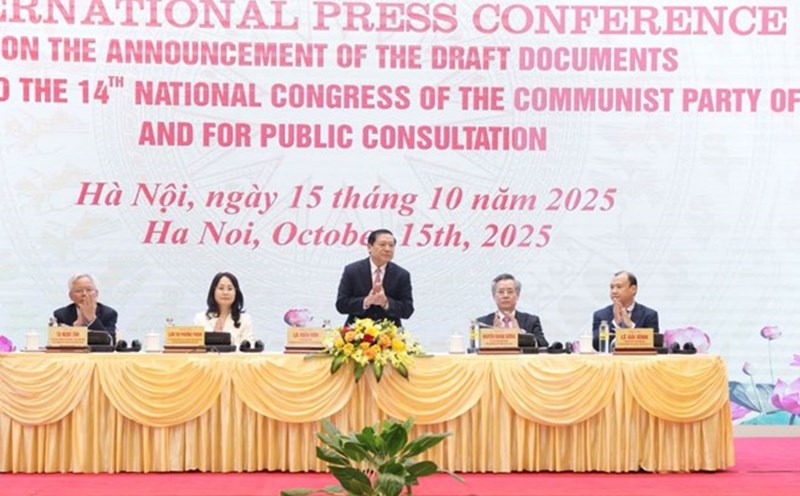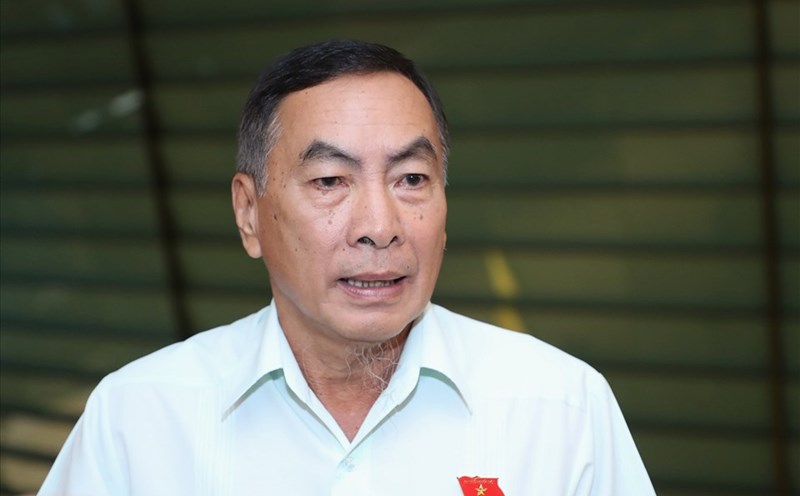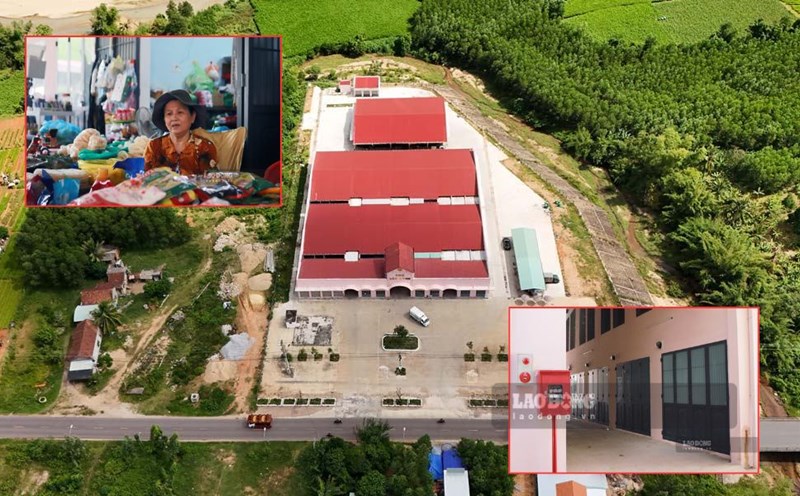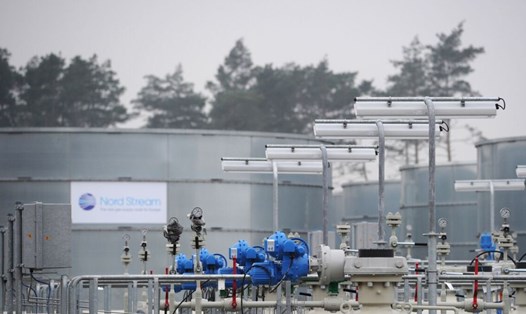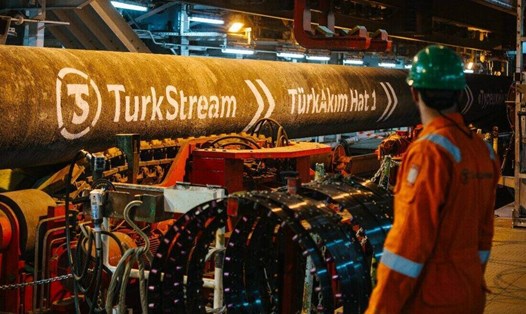On October 20, member states of the European Union (EU) agreed on the view on the rules to gradually eliminate imports of Russian natural gas. This is seen as an important step forward in the bloc's efforts to end its dependence on Russian fossil fuels under the RE PowerEU strategy.
According to a proposal agreed by the EU Council, imports of Russian gas will be banned from January 1, 2026. However, the bloc will allow a limited transition period for existing contracts to avoid shocking the market. Short-term contracts may continue until June 17, 2026, and long-term contracts may last until January 1, 2028.
The proposal also requires energy companies to publicize the origin and duration of all gas import contracts to enhance transparency and supervision.
The initiative still needs to be negotiated with the European Parliament before becoming a law. Once approved, the regulation will be part of the broader RE PowerEU plan.
RE PowerEU is a strategic plan launched by the EU in 2022, right after the conflict in Ukraine broke out, with two main goals: Quickly end the bloc's dependence on Russian fossil fuels by diversifying supply and accelerating the transition to green energy to solve the climate crisis.
Since the strategy was implemented, the EU's dependence on Russian gas has declined significantly. However, according to the EU's estimate, Russian gas will still account for about 13% of EU imports in 2025, worth more than 15 billion euros (about $17.5 billion) per year.
Despite the majority's support, the plan has been met with criticism from some member states, especially Hungary. Hungarian Foreign Minister Peter Szijjarto criticized the plan on social network X: "With Re PowerEU, our safe energy supply is gradually depleted."
According to him, this policy not only destroys energy security but also politicizes an issue that should not be related to politics.


